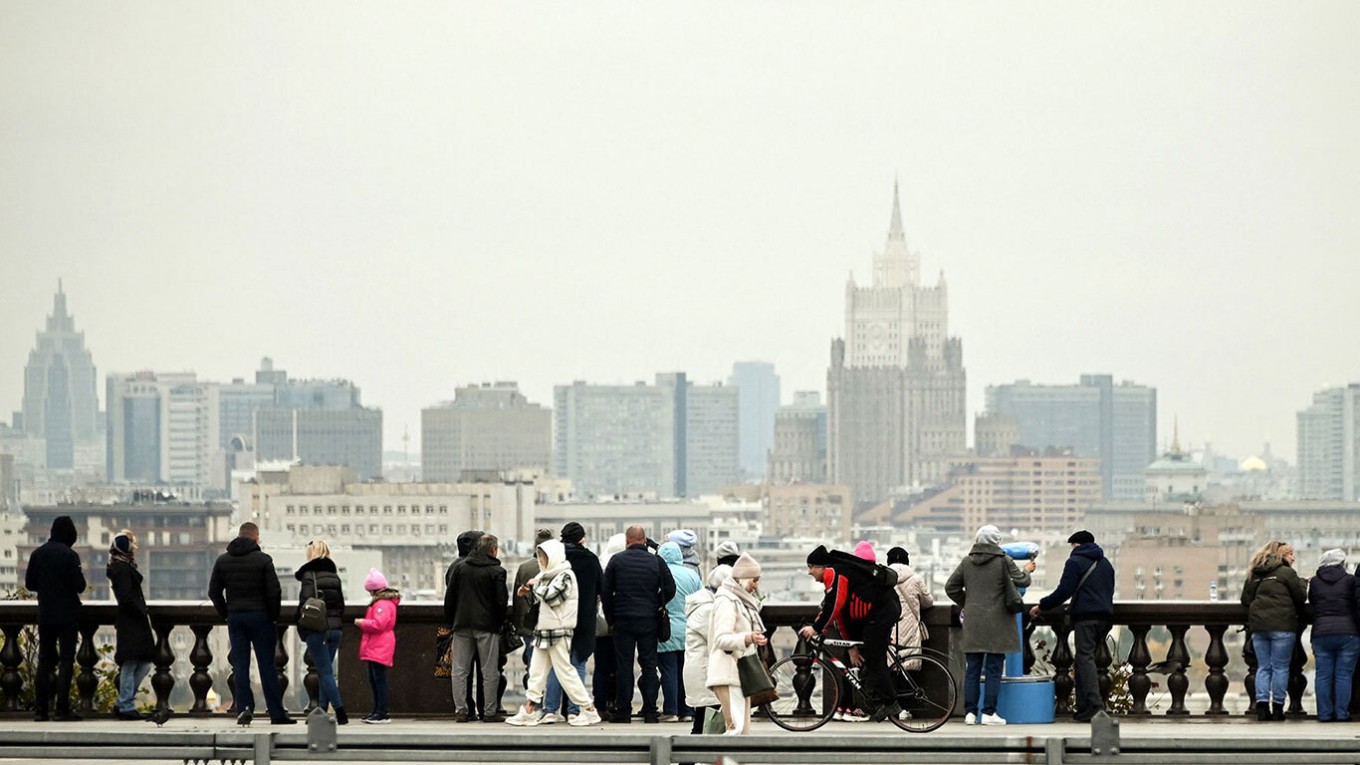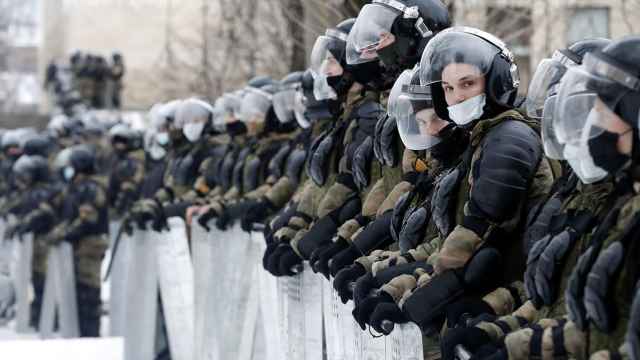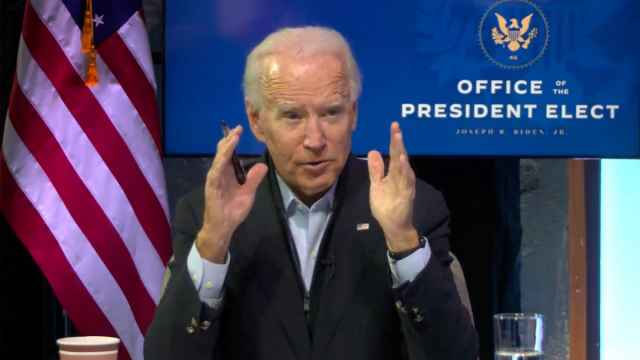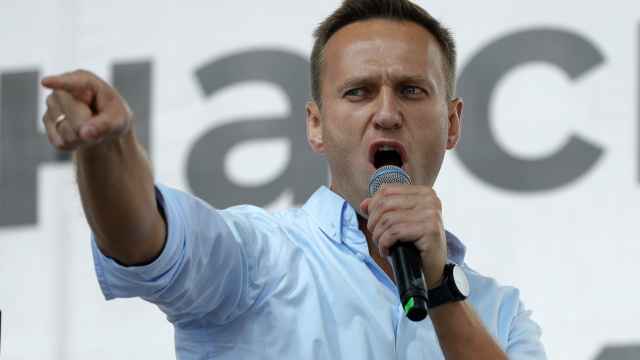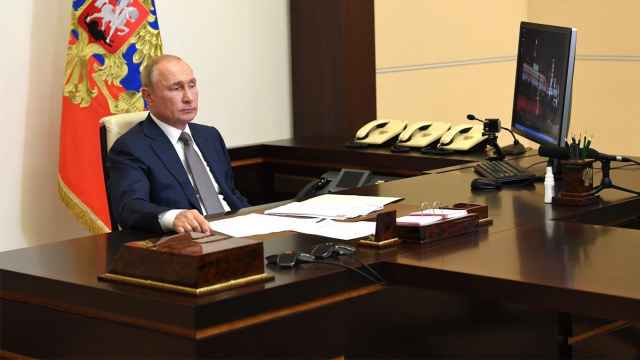More Russians say they don't hold democratic values than those that do, according to a poll by the independent Levada Center polling agency published Tuesday.
The results follow last month’s elections to Russia’s lower house of parliament, the State Duma, which saw the ruling, pro-Kremlin United Russia party maintain its supermajority amid widespread reports of election fraud and the exclusion of most opposition candidates.
Nearly half (47%) of Russians say they don’t hold so-called democratic values compared to the 44% who think of themselves as people of democratic convictions, Levada’s results said.
Younger Russians aged 18-24 were more likely to call themselves supporters of democratic values (50%) than older respondents (41%) between 40-54 years old.
Levada noted an increasing polarization on the issue, with a widening disparity in its results since its 2018 poll on the same topic.
Only 18% of Russians said they see themselves as supporters of leftist, socialist ideals, with the overwhelming majority of respondents (72%) declining to identify themselves as such.
Russians aged 55 years older were more likely to identify themselves as leftists or socialists than other age groups. Across all ages, 40% of respondents who supported leftist ideals also supported Russia’s Communist Party.
Levada conducted its survey among 1,634 respondents in 137 Russian towns and cities between Sept. 23-29.
Meanwhile, a survey published by international communications agency PBN Hill + Knowlton Strategies and independent research agency MAGRAM Market Research said six in 10 Russians (63%) believe the country “desperately” needs a new ethics code — although only 7% of respondents said they were familiar with the term itself.
According to the survey’s findings, key topics that Russians want to hear more about in the context of new ethics are the environment (85%), inclusiveness (83%), domestic violence (78%), politics (74%), equality in the family (59%) and in careers (57%).
A Message from The Moscow Times:
Dear readers,
We are facing unprecedented challenges. Russia's Prosecutor General's Office has designated The Moscow Times as an "undesirable" organization, criminalizing our work and putting our staff at risk of prosecution. This follows our earlier unjust labeling as a "foreign agent."
These actions are direct attempts to silence independent journalism in Russia. The authorities claim our work "discredits the decisions of the Russian leadership." We see things differently: we strive to provide accurate, unbiased reporting on Russia.
We, the journalists of The Moscow Times, refuse to be silenced. But to continue our work, we need your help.
Your support, no matter how small, makes a world of difference. If you can, please support us monthly starting from just $2. It's quick to set up, and every contribution makes a significant impact.
By supporting The Moscow Times, you're defending open, independent journalism in the face of repression. Thank you for standing with us.
Remind me later.


